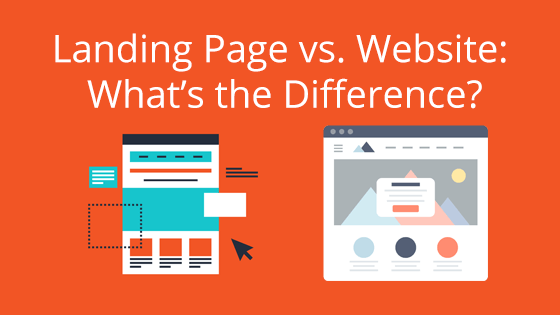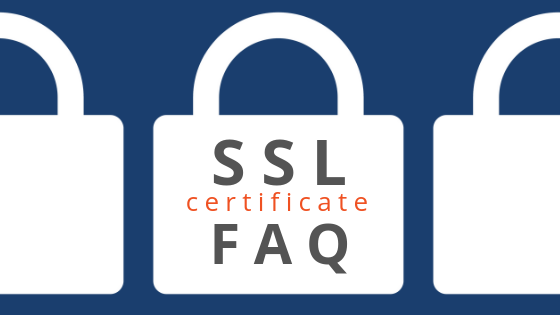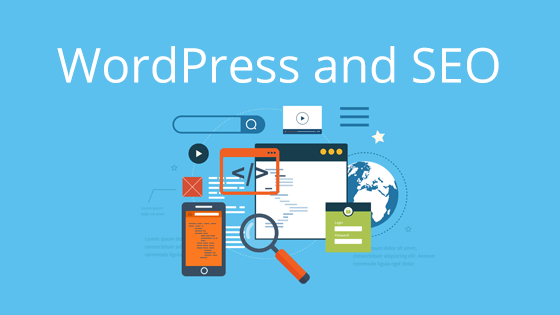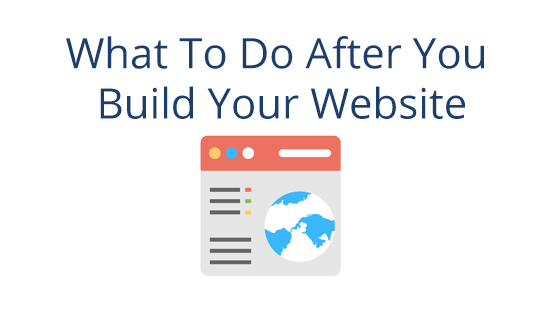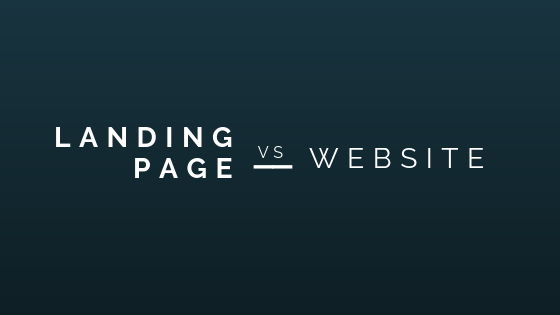
The Difference between a Landing Page and a Website
How does a landing page differ from a website? Structurally, a website usually consists of at least five pages and has a complete navigation menu. The purpose of your website is to inform your audience about your business and your products/services. Your website should have all the information your potential and existing customers need. When writing content for your website, keep your audience in mind and be sure to answer all of their potential questions about who you are, what you sell, and how they can benefit from what you do.
A landing page is usually only one page of content with limited navigation. In fact, removing the navigation menu from your landing page can increase conversions by 100%. The information on your landing page will also be specific to one thing such as a new product or discount. Your landing page should be clear and simple with one call-to-action. Landing pages are meant to drive sales or generate leads, which is why you shouldn’t overwhelm visitors with too many distractions. On your website, a visitor can become distracted by your about page, your latest blog post, or a different product page. With a landing page, however, you’re keeping all the focus on one specific item. Your focused content and clear action will help generate more conversions than if you added a page to your existing website.
Which One Do I Need?
What is your goal? Are you trying to launch a new product? Is your goal to showcase all of your services in detail? Decide what you want to accomplish, then determine whether a landing page or a website will help you achieve your goal. Here are a few example scenarios to help you get started:
Scenario 1: Establish Credibility for Your Business
Before you can earn the trust of your audience, you have to establish your business as credible. You can build credibility for your business with a well-designed website. You can tell your story, describe products and services in detail to manage the expectations of your customers, and include testimonials and reviews. A good-looking website with simple navigation, clear purpose, and customer-facing content is an effective way to make a great impression on your target audience.
Read more: How to Get the Most out of Your Business Website
Scenario 2: Launch a PPC Campaign for Your New Product
Landing pages are ideal for pay-per-click (PPC) ad campaigns. Google assigns quality scores to ads based on how relevant the ad copy is to the associated link. You can match the copy on your landing page to your ad copy to improve your quality score. Because landing pages have limited navigation and fewer distractions than a website, they are perfect for highlighting a new product. You can dedicate the landing page to one specific product with a clear call-to-action (CTA).
Scenario 3: Highlight Your Different Business Locations
It’s easier to feature all of your business locations with a website instead of a landing page. You might consider using a landing page if you want to highlight a new location with a grand opening event (see Scenario 4). If you’re just providing a list or detailed information for each of your locations, then a website will work better. You can have a different web page for each of your locations on your website. This allows you to share detailed, location-specific information that customers would need to go to your store. Address, phone number, directions, and store hours will vary based on the location.you can also include photos for each store and location-based keywords to help people find the store nearest to them.
Read more: Understanding Local SEO
Scenario 4: Generate Awareness for Your Upcoming Event
Landing pages are less expensive to build and quicker to complete, which makes them better suited for temporary content like a sale or event. Because landing pages typically have one topic of focus, you can dedicate the entire page to event information. You can easily and quickly update information like the time, location, ticket prices, and weather changes for your attendees. And you can include a button for people to RSVP, which will help you prepare and plan for the event.
Read more: Why You Need a Website for Your Event
Scenario 5: Showcase and Sell All of Your Products Online
With a website, you can showcase all of your products online and make them available to people all over the world. A website is better for showing a comprehensive list of the products you sell. You have more room to share images, descriptions, features, reviews, prices, and more on your website than you would on a landing page.
Read more: Hosting Your Ecommerce Site
Scenario 6: Generate Leads with Gated Content
If you’re working on generating new leads for your business with gated content, then you should use a landing page. With a landing page, you can keep the focus on your content and your lead capture form. Whether you have an ebook, infographic, white paper, free trial, or email series, a landing page will make it easier for people to convert. They won’t get distracted by a navigation menu or other pages and will have one clear CTA to follow.
Read more: What to Do After You Build Your Website
Landing pages are quickly becoming an essential part of digital marketing strategies. Businesses with more than 40 landing pages generated 12 times more leads than businesses with five or less. As you explore your online business needs, you’ll likely find room for a few landing pages. The more landing pages you create to complement your website, the more data you’ll gather about your audience so you can see which pages are the most effective. Companies see a 55% increase in leads when increasing their number of landing pages from 10 to 15. While landing pages are no substitute for a website, they’re still effective and important additions to your online content marketing.
